Announcer:
The following program is a PBS Wisconsin original production.
Frederica Freyberg:
This program is part of our “Here & Now” 2022 election coverage.
The race for governor and U.S. Senate gets tighter with issues like crime and abortion activating voters. Election officials deal with last-minute ballot guidance. Turnout in southeast Wisconsin won’t be taken for granted this year. And an eleventh-hour deal averts a massive nurses’ strike.
I’m Frederica Freyberg. Tonight on “Here & Now,” Charles Franklin is back with his latest survey of voters. A county clerk on the stresses mounting for local election officials. A look at why campaigns are focusing efforts in southeast Wisconsin. And what’s next for the UW Health nurses’ union. It’s “Here & Now” for September 16.
Announcer:
Funding for “Here & Now” is provided by the Focus Fund for Journalism and Friends of PBS Wisconsin.
Frederica Freyberg:
53 days out from the November election and it’s anybody’s race. The latest poll showing it neck-and-neck for U.S. Senate and Wisconsin governor. Marquette Law School Poll director Charles Franklin is here with his results released this week. And hi, Charles.
Charles Franklin:
Good to be here.
Frederica Freyberg:
So this sure is a nail-biter.
Charles Franklin:
As it often is in Wisconsin. After seeing a little bit of a lead for Barnes in the Senate race, that’s now tightened to a one-point Johnson lead and in the governor’s race, a little tightening from a 4-point Evers lead to a 3-point lead, all inside the margin of error.
Frederica Freyberg:
Let’s go back to the U.S. Senate race and as you just suggested, in August, Barnes was 7 points ahead. What happened there in such a short time?
Charles Franklin:
Well, I think it was the positive side of the primary win that Mandela Barnes had a strong primary. Three of his opponents dropped out and endorsed him. He wins the primary easily. And so you get a bump from that. But while Democratic voters especially had a very positive view of him and so did independents, there was 41% without an opinion of him in August. And now it’s not the primary. Welcome to the NFL. It’s time for general election campaign advertisements, and I think that’s pretty clearly taken a toll. I don’t think it’s unexpected when you have 40% who ‘don’t know,’ you’re going to be vulnerable to that. Now some of that initial impact has happened, we have a very tight race, and we’ll see what happens in those last — what did you say, 53 days.
Frederica Freyberg:
Let’s go back then again to the governor’s race. 47% of your poll respondents support Tony Evers, 44% favor Tim Michels, but then there’s this independent candidate out there with 5%. How dangerous is that for either one of these campaigns?
Charles Franklin:
Well, her name will be on the ballot. Look, what we see with independent candidates is they reflect — their support reflects the disaffection for the two major party candidates. And people who don’t like either Evers or Michels have a name there that they can pick on the survey. Now, they’ll have that name on the ballot in November as well. Usually independent candidates get 1% or less by November. And in our polling, we see them poll in the mid-single digits in August and September and narrow down to low single digits at the end of the month — or the campaign. Suspending her campaign — it wasn’t a very visible campaign to begin with, I think it will kind of disappear, but it also is an indicator that 7%, 5% are not that thrilled with the major parties right now.
Frederica Freyberg:
You have a new question on crime, which is in the top five for both parties, but your question that we looked at goes more granular. You asked, “Do you feel safe from crime when going about your daily activities or are you worried about your safety?” People in the city of Milwaukee are the most worried about their safety by a wide margin. Is this kind of response what makes crime such a salient issue for Republicans particularly who are hitting Democrats super hard on this?
Charles Franklin:
I think there’s a contrast here that on the question about how concerned are you about crime, Republicans are quite concerned. But across personal experience, ‘do you feel safe or not,’ there’s just no party difference on that question. And so I think what we see is the use of crime or the way that people worry about crime as an issue that’s somewhat divorced from their personal experiences, and that, I think, is the main thing. We also see that city residents worry in their daily lives and are quite concerned. Suburban Milwaukee residents don’t worry much in their daily lives but are almost as concerned as city residents, and then when you move to Madison, Green Bay, La Crosse, Eau Claire, the north of the state, concern and personal fear goes way down. So most of the state, people feel pretty safe in their daily lives and aren’t as concerned, but in the city and the suburbs around Milwaukee, concern is high in both and personal concern, personal fear is especially high in the city, where it’s about a 50/50 split.
Frederica Freyberg:
Let’s go to the issue of abortion. You asked in this poll question, “Do you think Wisconsin should or should not allow a woman to obtain a legal abortion if she became pregnant as a result of a rape or incest?” Overall, 83% said Wisconsin should allow with even 70% of Republicans saying “yes” and also a total of 63% of respondents, including Republicans, oppose the overturning of Roe v. Wade. Is this why abortion is proving to be a difficult issue for Republican candidates?
Charles Franklin:
I think it clearly is. This is where being pro-life has not necessarily meant wanting these extremely severe restrictions without exceptions for rape and incest. We added that question precisely because it’s a real legal issue before the state right now with our law from 1849 and we don’t know what will go into effect. I do think it shows that there’s broad support across party for rape and incest exceptions. The challenge for lawmakers and especially Republican lawmakers is how to deal with that public opinion when you’ve also spent a career being dedicated to pro-life positions. It’s a dilemma for them quite a bit now here in the state and elsewhere.
Frederica Freyberg:
All right, Charles Franklin, thanks very much.
Charles Franklin:
Thank you.
Frederica Freyberg:
Voting rules and guidance are still changing even this close to the November election. The latest change saw a court and then the Wisconsin Elections Commission this week dump guidance to clerks that they could fix the part of absentee ballot envelopes holding the witness signatures, curing such things as a zip code or spelling of a street name. Is that a big deal? We asked Dane County clerk Scott McDonell. Thanks very much for being here.
Scott McDonell:
Thanks for having me.
Frederica Freyberg:
So is it a big deal? What’s your reaction to dumping the guidance that clerks can cure absentee ballots in this way?
Scott McDonell:
Well, for the most part, it just means more work for the clerks. I think we saw that in the August election. Clerks are spending a lot of time trying to make sure that envelopes that weren’t complete were getting back to the voters so they could complete it and get it back again. You know, they did that work. There was only a handful of ballots that I saw that had been cured and so then when we — you know, 25 of them, I think, out of 130,000 in August in Dane County. But that was because clerks were working hard to make sure that they had gotten cured and you’re going to see even more of that in November, just because number of voters goes up.
Frederica Freyberg:
In your mind, did that kind of curing result in fraud?
Scott McDonell:
No, all of those — the curing was done by clerks after they could verify who that person was. They looked them up in the system. They could verify the address, the person. So you know, and all of that could have been traced back to show who it was, and the purpose of that address, for example, for the witness is so that law enforcement can interview them and say, “Is this the person who voted? Did you see them vote? Is there fraud?” So from our point of view, if you can show law enforcement who this person is and where to find them, that’s just the opposite, it prevents fraud.
Frederica Freyberg:
Do you think that the new rules will discourage people from voting absentee or result in numbers of ballots being thrown out, or what do you think?
Scott McDonell:
You know, I just think it’s really on the margin, and I would say it’s evenly distributed around the state. I mean, generally these mistakes that we see often are an older couple living at home. They witness each other’s ballot, and that happens everywhere kind of evenly. So I don’t think it affects the election, and I don’t think there’s a lot of it, but it’s just frustrating from a clerk’s point of view, because we can see who these people are, and to disenfranchise them just seems wrong.
Frederica Freyberg:
What is it like this year, trying to ready for a major election?
Scott McDonell:
Well, in some ways, it’s the same old same old. I mean, we do this all the time. But I think the bigger difference is, you know, we’ve seen just our workload really go up. A lot of open records requests coming in. I can’t tell you how many I’ve gotten. And it’s true all over the state and all over the country, honestly. Also just trying to plan contingency-wise for things you haven’t had to worry about before: disruptions in the polling places, how are you going to make sure law enforcement and the clerk’s office are on the same page on how they’re going to respond to those things? Just a lot more workload than normal.
Frederica Freyberg:
So in terms of those open records requests, are these from people wanting to sleuth out fraud?
Scott McDonell:
Well, there’s a lot of different open records requests. The ones that I’ve gotten recently seem — the goal seems to be to prevent the destruction of materials from the 2020 election. So right now is when we would, after 22 months, destroy things like the ballots so that we make room for the ones coming in November, the envelopes, you know, poll books, things like that. So they tend to be a copy and paste that have gone all over the place saying, you know, you must retain these records. There may be a lawsuit, or this is an open records request, but then when you follow up with them, it’s a little harder to nail them down on what they want. They seem to be just trying to delay the normal cycle for us, and of course that creates its own challenges for clerks around the state.
Frederica Freyberg:
You spoke to contingency plans at polling places this year, like what?
Scott McDonell:
Well, we saw in Michigan, you know, there was trainings going on in some counties where they were urging poll watchers to bring cameras in and surreptitiously do things that are against the law. You really can’t record people voting in a polling place, for obvious reasons. And for some not so obvious reasons. There are people voting there who are confidential voters who are, you know, victims of domestic violence. So we just worry there may be people being disruptive in the polling place. That did not happen in August, so maybe it’s much to do about nothing, but you have to assume the worst, and hope for the best.
Frederica Freyberg:
You spoke this week about persistent misinformation around election administration. What does this do to people’s faith in the process?
Scott McDonell:
Well, the system doesn’t work if half the voters don’t think their ballots are being tallied correctly or the machines have been hacked. So I’m not sure what we can do about it. But democracy depends on both sides believing in the results.
Frederica Freyberg:
All right, well, we leave it there and we wish you luck, Scott McDonell. Thank you.
Scott McDonell:
Thanks for having me.
Frederica Freyberg:
With less than two months until the November election, get out the vote groups have their work cut out for them. “Here & Now” reporter Steven Potter caught up with folks working to increase voter turnout for a specific and somewhat neglected demographic in southeastern Wisconsin.
Steven Potter:
Outreach workers are hitting the streets to get out the Black vote ahead of the November elections.
Miracle Holmes:
I feel like I’m lacking a little education just because I don’t know who to vote for.
Steven Potter:
Voters like Miracle Holmes in Racine welcome the personal time and attention. She says these kinds of interactions are what’s needed in the run up to elections.
Angela Lang:
When you aren’t being engaged, you can’t help but to feel that you’re being ignored.
Steven Potter:
There are nearly 250,000 Black residents in the cities of Milwaukee, Racine and Kenosha. Those residents, however, have long said that politicians and their campaigns have neglected Black communities.
Angela Lang:
I think why residents have felt ignored because largely we had been, and I think 2016 proved it.
Steven Potter:
That’s when experts say Democratic presidential candidate Hillary Clinton took the Black vote for granted, never visited Wisconsin, and ultimately lost the state. In response to that neglect and to help Black leaders make their voice heard, Angela Lang created the Milwaukee group known as BLOC, which stands for Black Leaders Organizing for Communities.
Angela Lang:
BLOC is a year-round civic engagement organization that launched after the 2016 election. In some ways, people were very frustrated by the lack of engagement. I personally was very frustrated to hear from Democrats and progressives that said if you people would have just come out, we wouldn’t be here. And I thought that was a completely misguided interpretation of the election because our community is some of the most disenfranchised and least engaged, but yet we were to blame. We want to make sure that we’re building long term, Black political power. We want to make sure that people feel that they have access to democracy and that they can fully participate in it because they know how democracy and these institutions function. I think a lot of times we think of civic engagement as just voting when it’s so much more than that.
Steven Potter:
Since its creation after the 2016 election, BLOC has grown to include upwards of 50 so-called ambassadors. Employees out knocking on doors, engaging residents in the community.
Angela Lang:
Our bread and butter is really knocking on doors, meeting people where they’re at, and asking the question, what does it look like for the Black community to thrive?
Steven Potter:
With the success BLOC has had in Milwaukee, the group expanded into the cities of Racine and Kenosha. Javonna Lue is leading the BLOC expansion.
Javonna Lue:
Most of my job entitles building relationships.
Steven Potter:
Building relationships and managing new Racine and Kenosha ambassadors. Lue has her team knocking on doors in these two cities a few times a week. Among the primary issues that BLOC organizers are hearing from Black residents are concerns over affordable housing, safety, inflation, and the need for family-supporting jobs. Lue says it’s important to get out and vote because of all that’s at stake.
Javonna Lue:
Why wouldn’t you get out there and vote? If we don’t get out there and vote, somebody is going to make a decision that doesn’t go with the values that we have.
Steven Potter:
As to voter turnout, it changes from election to election. We talked with UW Milwaukee political science professor Paru Shah.
Paru Shah:
One of the things I think really brought on kind of some concern for the Democratic Party is that the Black voters have been the backbone of that party for a very long time and I think 2020 reminded them that there are times when you cannot take that vote for granted.
Steven Potter:
Although Black residents tend to vote for Democratic candidates, Republicans say they’re welcoming those voters to their side of the political aisle. Ken Brown is chairman of the Republican Party of Racine County.
Ken Brown:
I am excited for more and more Black voter turnout because as I said, we are one of the most diverse cities in America and in the state of Wisconsin and a lot of Black voters are coming in and they’re looking in a different direction. They’re prosperous. We’ve actually had probably 30% of the new businesses that have opened in downtown Racine over the last couple years are Black-owned businesses. They’re working professionals. They’ve invested a lot in those businesses and they want to succeed. And I don’t think socialism, which is where the Democratic Party is today, is going to lead them to that level of success. So I welcome Black leadership to come in and encourage Blacks in our community to look at the issues and look at the candidates and where they actually stand.
Steven Potter:
While BLOC is not affiliated with the Democratic Party, Angela Lang says the group does endorse candidates and for this year’s elections, those have been Democrats. How vital is the Black vote for Democrats in statewide races?
Angela Lang:
There’s no way to win a statewide race without the Black vote, specifically Milwaukee, but then also Racine and Kenosha. If you don’t court our vote, you don’t engage us or we just don’t feel excited enough, then that will risk people staying home.
Steven Potter:
Kyle Johnson is BLOC’s political director. He expects the entire state will be watching southeastern Wisconsin on election night.
Kyle Johnson:
We know Black folks are going to play a super important part. We know we’re going to be the deciding factor and that means we have a lot of work to do to meet that moment and make sure we’re getting our communities out here to vote.
Steven Potter:
For “Here & Now,” I’m Steven Potter in Kenosha.
Frederica Freyberg:
A strike by nurses at UW Health in Madison was averted this week after an agreement with the hospital to regularly talk about workplace concerns.
Colin Gillis:
We’ve shown up for each other to support one another and build our collective power to improve our working conditions and patient care at UW Health. Today, we celebrate a big step forward. We’re excited to work together with the UW administration to solve the challenges we’re facing. This moment matters for healthcare workers and other working people all across the country.
Alan Kaplan:
For UW Health, for its board, for its leadership, for the organization, it’s always been about the legal question, can we or can we not, after Act 10, recognize a union, whether voluntarily or involuntarily, for purposes of representing our employees in collective bargaining? We wanted to be able to come together in a constructive, productive way, focused on patient care issues, focus on workforce issues, focus on all those things that we all care about. And so in that regard, as Colin was talking about, we were able to find a way that we can bring those that wish to be part of a union to come to the table with us to start talking about these issues.
Frederica Freyberg:
The next step is for the State Employment Commission to rule whether the hospital can recognize and bargain with the nurses’ union. Ultimately the courts will likely decide that question. It’s complicated in Wisconsin, with its Act 10 law that stripped most public unions of most bargaining rights, especially as UW Hospital nurses are outside the provisions of bargaining law and lost their union rights because of Act 10. We turn to Don Taylor, a professor at the UW Madison School for Workers who has extensive experience working for unions. Professor, thanks very much for being here.
Don Taylor:
Thank you.
Frederica Freyberg:
So how would you regard this detente that happened this week? Is this a win for the nurses’ union?
Don Taylor:
I think it is, I think it is. The agreement that was reached recognizes that the workers can join the union, can operate as an organization inside the hospital and clinics. While the thornier legal questions are yet to be resolved, the question of whether or not the nurses can get together and have their voices heard collectively appears to have been resolved.
Frederica Freyberg:
Do you think this will set some kind of a precedent going forward for other bargaining units?
Don Taylor:
I don’t think directly. I think because the nurses are in kind of a special legal status where they were removed entirely from state collective bargaining law, the other public employees, teachers, highway maintainers and so forth, are still covered by what’s left of Wisconsin public sector bargaining law. And so they wouldn’t be able to do exactly what the nurses have done, but the nurses’ success could certainly inspire them to try and experiment with different ways of approaching the issue.
Frederica Freyberg:
Because we saw like 15,000 nurses in Minnesota walk off the job, go on strike, and they’re in a very different position than the UW Health nurses, is that right?
Don Taylor:
Absolutely, absolutely. Minnesota has a very different set of laws, and actually allows public sector strikes in some cases under certain conditions.
Frederica Freyberg:
So it is your expert belief, though, that UW Hospital could legally bargain with its union nurses?
Don Taylor:
Yes, yes, that is my position. The removal of UW Health from collective bargaining law, unlike other public employees, effectively puts them back in the situation that any employee was in prior to the enactment of collective bargaining law. And in that situation, the absence of a statute doesn’t prohibit voluntary collective bargaining from taking place. It simply doesn’t require it.
Frederica Freyberg:
And yet here we are, looking at potentially the courts having to resolve this after the State Employment Commission makes its ruling, but if the courts resolve it, and that is what UW Hospital administration says should happen, is it not likely that it goes all the way up to the state high court, which is the court that ruled that Act 10 was constitutional. So you know, what does that look like for the nurses’ union going forward?
Don Taylor:
Well, I would assume that they are calculating those risks and the situation does need to be resolved as to their status, which although I have kind of a clear vision of it, is unique. And the court could obviously rule in a way that’s detrimental to what the nurses want, and they’ll have to regroup and restrategize at that point. It does seem that hospital management has taken the position that they are prohibited from engaging in collective bargaining, and they really can’t step forward further than they already have without some clarification of what the statutory responsibilities are.
Frederica Freyberg:
We’ll see how that proceeds, but more globally, I’m understanding that more employees are kind of wanting to join unions, wanting to collectively bargain. What are the conditions, the work conditions that have led to that?
Don Taylor:
Well, I think the pandemic had a lot to do with it. A lot of employers struggled to adapt to the new health and safety needs of their workforces with the related workforce shortage that we’re now experiencing. More employees are being made to do the work of — you know, the same amount of work with fewer people, and that makes it harder to not just keep a workplace safe, but to maintain work-life balance and avoid excessive overtime, so I think all of those things are adding up to additional interest in unions. The younger workforce tends to be more interested in unions and there’s a new poll that the approval of unions has reached the highest level since I think the 1960s, so I think all of that is coming together, and the last thing I’ll say on that is simply that once some groups started having success, that inspires others to move forward. The first Starbucks, for example, that unionized then inspired others to follow the same track.
Frederica Freyberg:
How responsive are employers being to that?
Don Taylor:
Not very. And that historically has been the case in the United States. You know, we’ve seen employers at the very least express their opinion, which they’re allowed to do, that they don’t believe the employees need a union. Others have been charged with what are called unfair labor practices in terms of discriminating against employees for wanting a union or retaliating against employees for wanting a union, which is very common.
Frederica Freyberg:
All right. Professor Don Taylor, thanks very much.
Don Taylor:
Thank you.
Frederica Freyberg:
For more on this and other issues facing Wisconsin, visit our website at PBSwisconsin.org, and then click on the news tab. That’s our program for tonight. I’m Frederica Freyberg. Have a good weekend.
Announcer:
Funding for “Here & Now” is provided by the Focus Fund for Journalism and Friends of PBS Wisconsin.
Search Episodes
News Stories from PBS Wisconsin
12/03/25
Wisconsin Supreme Court agrees to hear lawsuit on whether local jails can hold immigrants for ICE

Donate to sign up. Activate and sign in to Passport. It's that easy to help PBS Wisconsin serve your community through media that educates, inspires, and entertains.
Make your membership gift today
Only for new users: Activate Passport using your code or email address
Already a member?
Look up my account
Need some help? Go to FAQ or visit PBS Passport Help
Need help accessing PBS Wisconsin anywhere?

Online Access | Platform & Device Access | Cable or Satellite Access | Over-The-Air Access
Visit Access Guide
Need help accessing PBS Wisconsin anywhere?

Visit Our
Live TV Access Guide
Online AccessPlatform & Device Access
Cable or Satellite Access
Over-The-Air Access
Visit Access Guide
 Passport
Passport





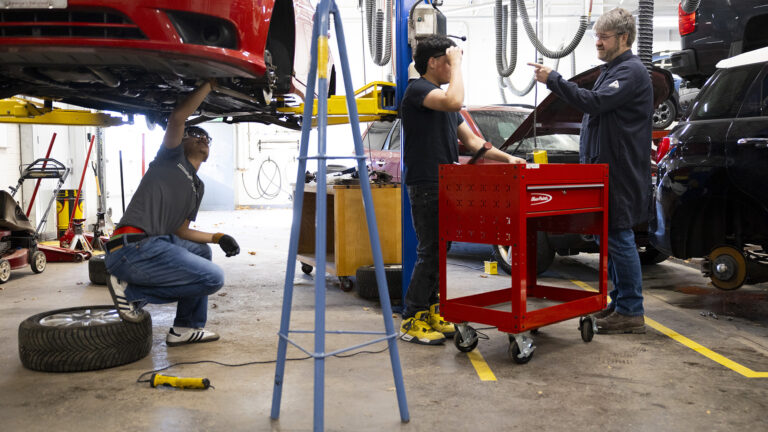
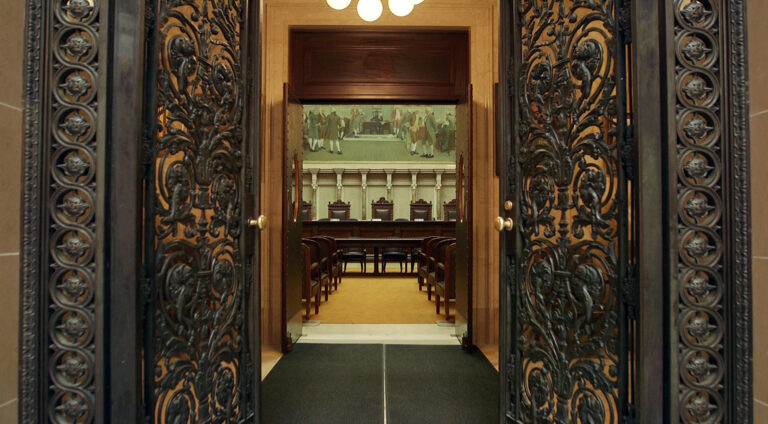
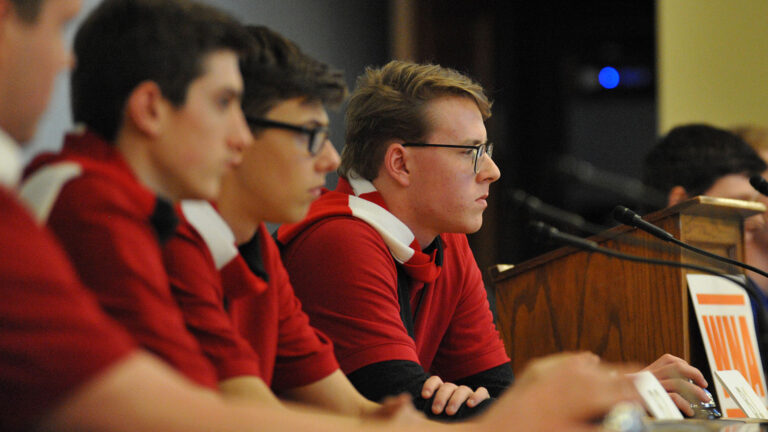
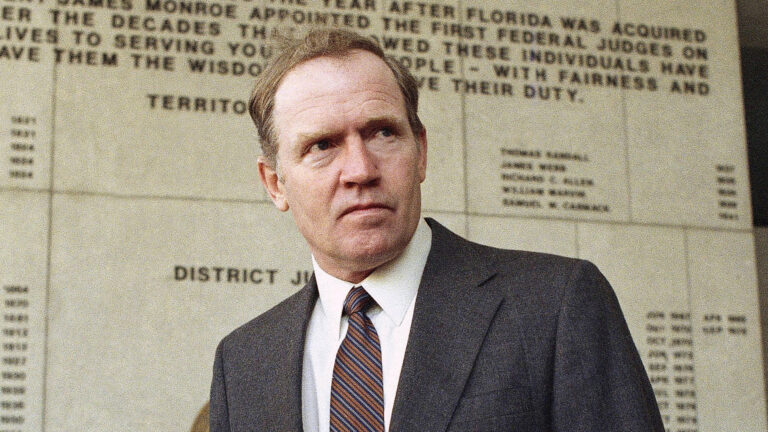

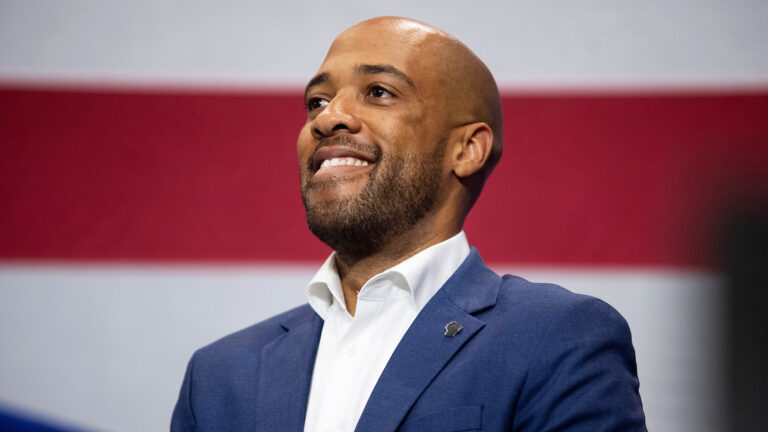
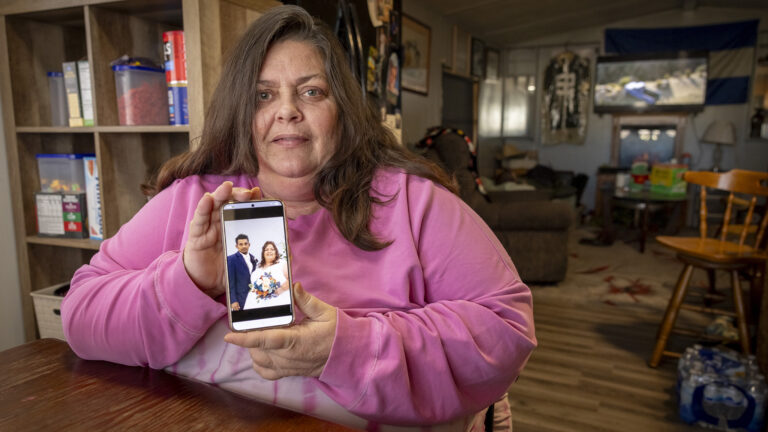
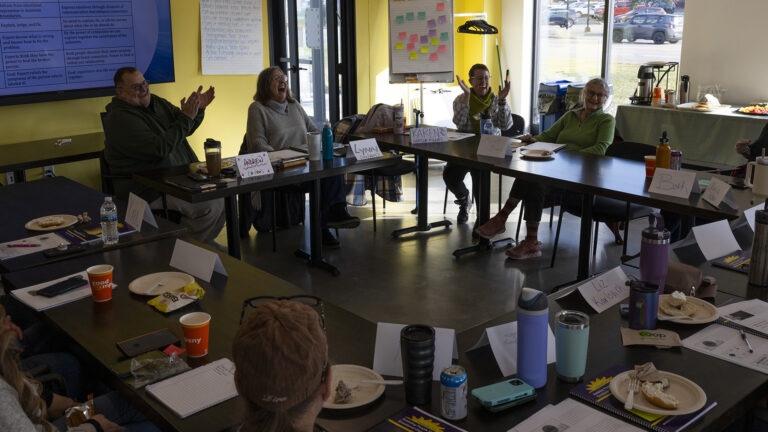
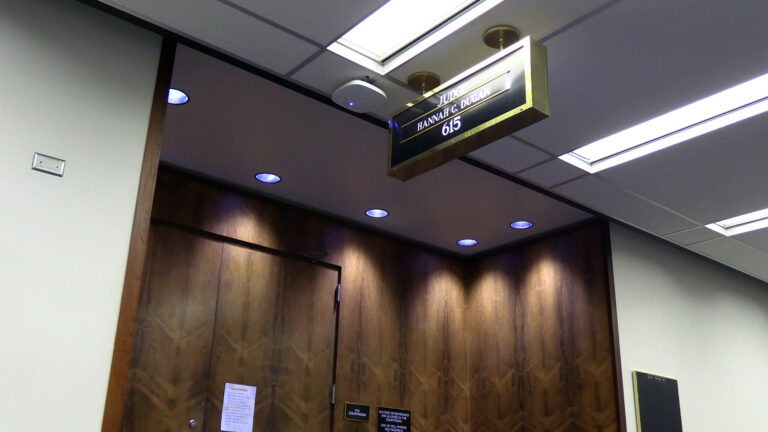
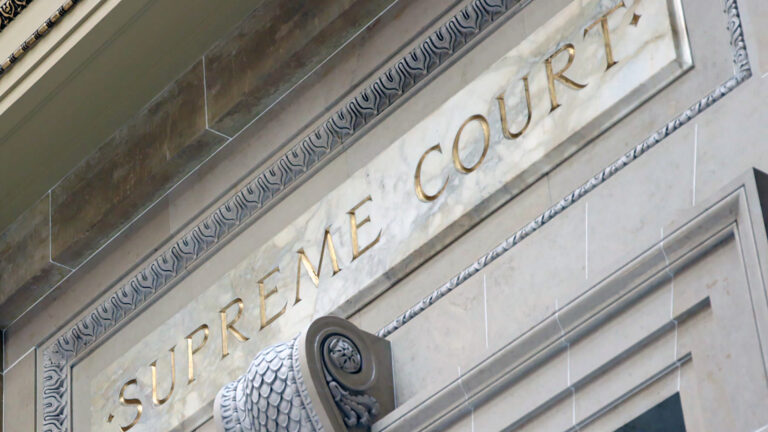
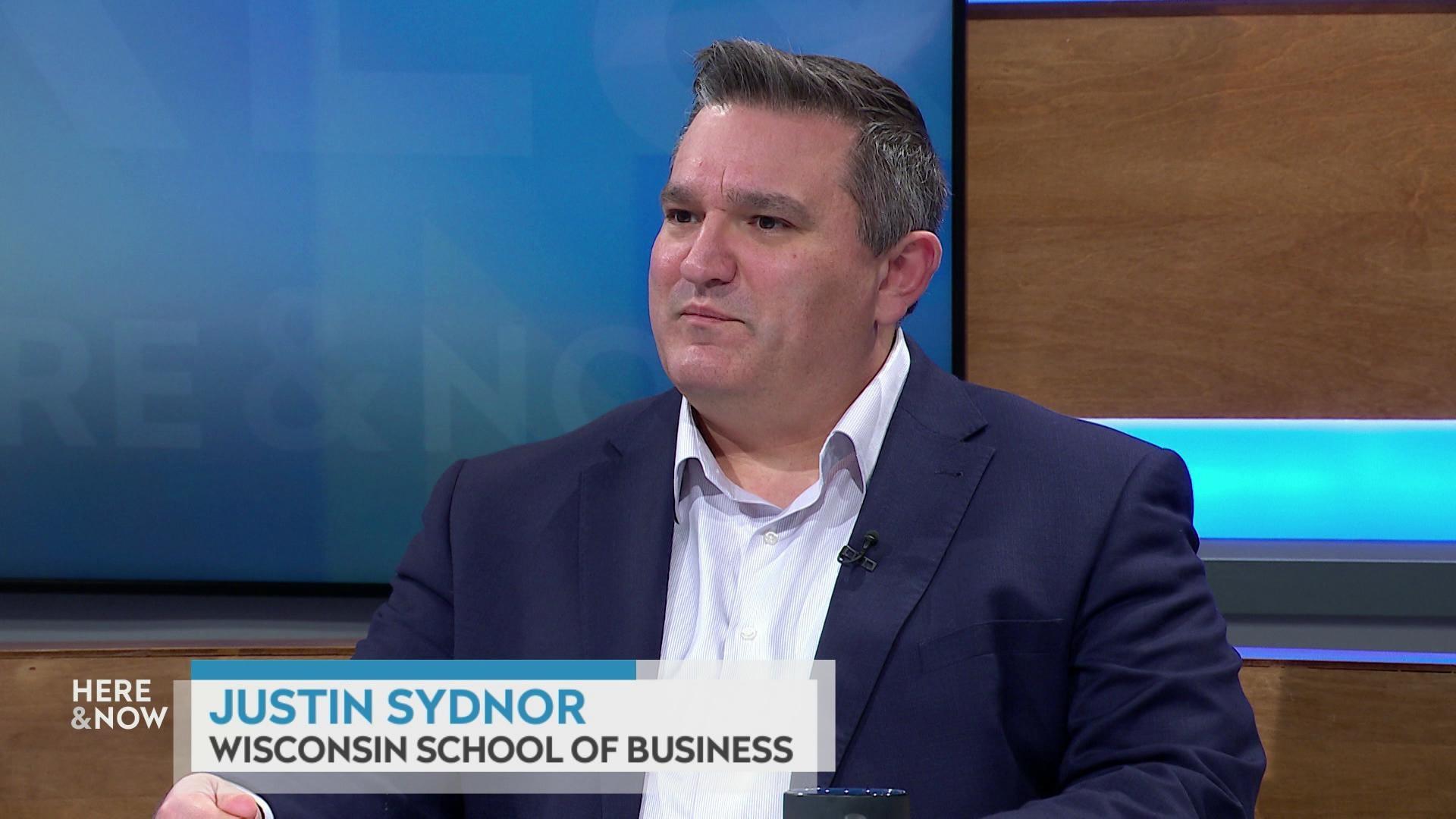
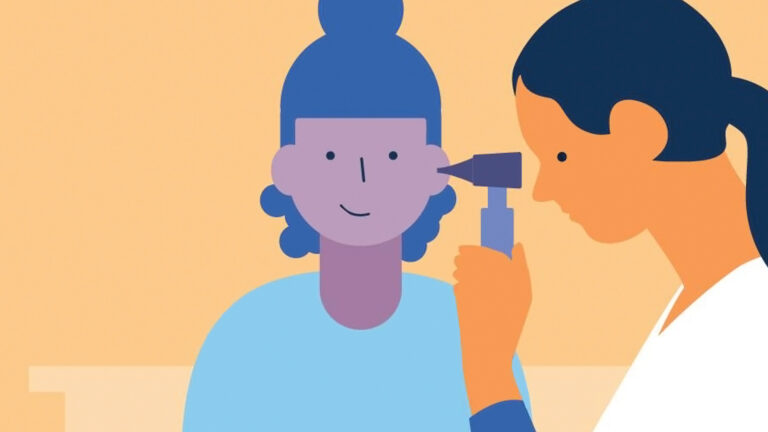

Follow Us